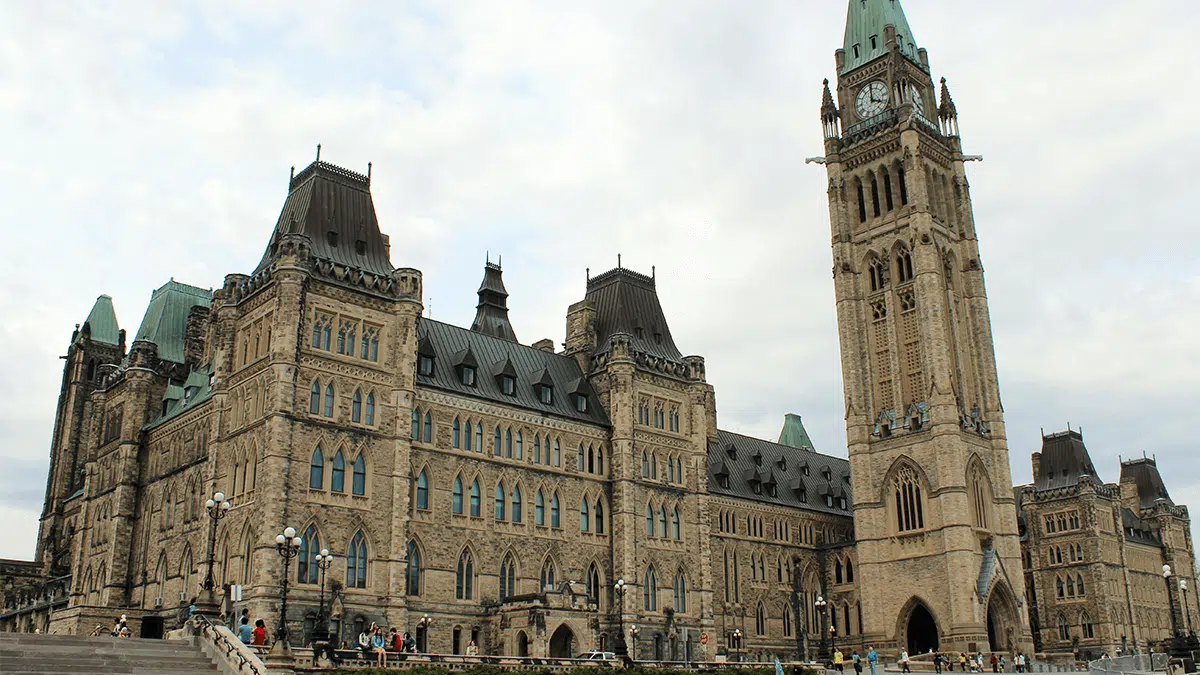
Actions speak louder than words, especially when it comes to tackling climate change. Governments worldwide face a critical challenge in translating climate goals into impactful policies that drive behavior change and address misconceptions. Canada is leading by example through the Program of Applied Research on Climate Action in Canada (PARCA), an initiative designed to bridge the gap between climate intentions and meaningful actions.
As per an article from the Global Government Forum, by leveraging behavioral science and robust data collection, PARCA provides actionable insights into how Canadians think, feel, and act on climate issues. This data-driven approach allows policymakers to test and refine interventions, ensuring that policies resonate with citizens and yield tangible results. Here’s how Canada is using data to drive climate action and how Bronson Consulting can support similar efforts.
The PARCA Approach: Data Meets Behavioral Science
PARCA, spearheaded by the Impact and Innovation Unit within Canada’s Privy Council Office, collaborates with Environment and Climate Change Canada (ECCC) and Natural Resources Canada (NRCan). Unlike traditional “nudging” methods aimed at small behavioral changes, PARCA digs deeper into the beliefs and assumptions driving decision-making.
Since its launch in 2021, PARCA has conducted over 30 studies, reaching more than 160,000 Canadians. This research addresses a critical gap: much of the data historically used by the government is borrowed from other jurisdictions like the U.S. or Europe, which may not apply to the Canadian context. By generating Canada-specific insights, PARCA helps tailor policies and programs to meet the unique needs of Canadian citizens and businesses.
Success Stories: Turning Data Into Action
Clarifying Processes for the Low Carbon Economy Fund
ECCC noticed that businesses applying for funding to adopt energy-efficient technologies often didn’t follow through on proposed upgrades. PARCA identified a key issue: operational transparency. Companies struggled to understand the funding process and its requirements.
By clarifying messaging and simplifying application guidelines, ECCC reduced the number of applications while increasing the success rate. This not only streamlined the process but also ensured that funds were allocated effectively, making a meaningful impact on Canada’s emissions reductions.
Encouraging Zero-Emission Vehicle Adoption
NRCan explored Canadians’ perceptions of zero-emission vehicles (ZEVs) through surveys and experiments, revealing that many overestimated upfront costs. While ZEVs are often comparable—or even cheaper in the long run—this misconception deterred potential buyers.
By reframing communication around ZEV affordability and long-term benefits, NRCan provided Canadians with accurate, actionable information. These findings also informed updates to federal programs and subsidies, further encouraging ZEV adoption.
Promoting Land Conservation Through Ecological Gifts
Despite Canadians valuing nature, donations to the Ecological Gifts Program were lower than expected. PARCA researchers worked with ECCC and partners to simplify the donation process and reframe messaging, making it more accessible to potential donors.
This effort bridged the gap between good intentions and concrete conservation actions, protecting Canada’s natural heritage while demonstrating the power of behavioral science in environmental programs.
A Broader Impact: From Mitigation to Adaptation
PARCA isn’t just about reducing emissions—it also addresses climate adaptation. For instance, research on wildfire resilience revealed that while many Canadians experience wildfire-related impacts, awareness of preparedness programs like FireSmart is low.
This insight has guided efforts to improve outreach and education, ensuring that Canadians are better equipped to face the increasing risks of climate change. PARCA’s data has been shared with stakeholders, such as the Canadian Association of Fire Chiefs, ensuring that these insights reach those on the front lines.
Lessons for Governments and Organizations
PARCA’s success highlights key takeaways for other governments and organizations:
- Invest in Tailored Insights: Generic data from other regions often falls short. Context-specific research drives more relevant and impactful programs.
- Focus on Behavior, Not Just Policy: Understanding the beliefs and assumptions behind actions can make interventions more effective.
- Embed Data in Decision-Making: From the outset, integrate data experts and allocate resources to high-priority projects to demonstrate impact quickly.
Read the full article, here.
How Bronson Consulting Can Help
At Bronson Consulting, we understand the complexity of translating policy goals into action. With extensive experience working on government-related projects, we pride ourselves on helping organizations design and implement data-driven strategies that achieve meaningful outcomes.
Whether it’s conducting behavioral research, optimizing program design, or providing insights for climate initiatives, Bronson is a trusted advisor. If your organization is ready to turn good intentions into impactful action, reach out to us today to learn how we can support your goals.





